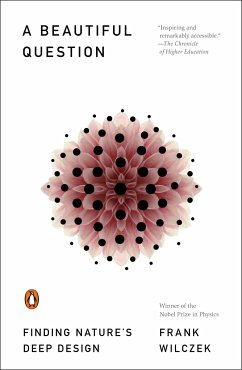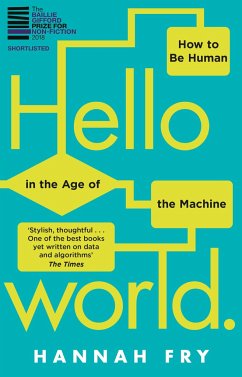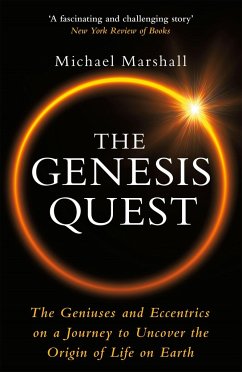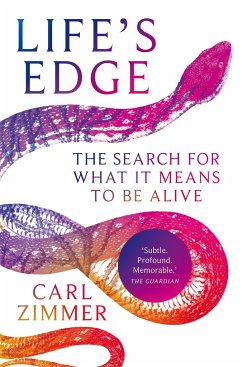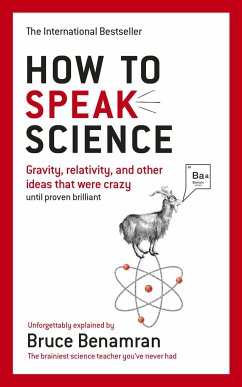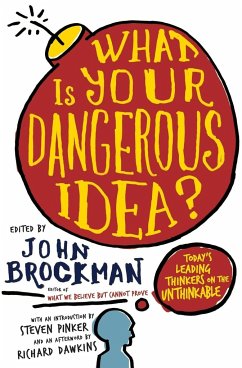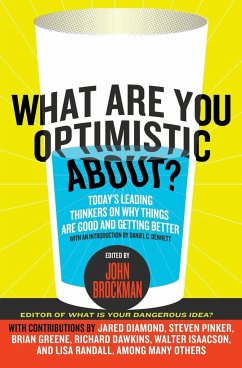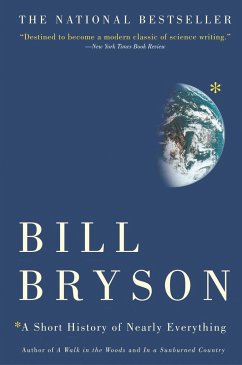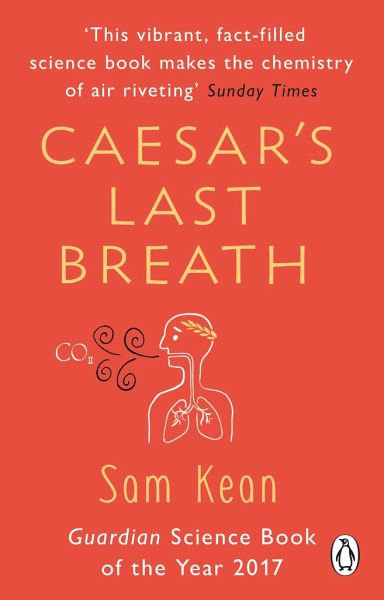
Caesar's Last Breath
The Epic Story of The Air Around Us
Versandkostenfrei!
Versandfertig in 2-4 Wochen
19,99 €
inkl. MwSt.
Weitere Ausgaben:

PAYBACK Punkte
10 °P sammeln!
GUARDIAN SCIENCE BOOK OF THE YEAR 2017'Popular science at its best'Mail on Sunday'Eminently accessible and enjoyable'ObserverWith every breath, you literally inhale the history of the world. On the ides of March, 44 BC, Julius Caesar died of stab wounds in the Roman Senate, but the story of his last breath is still unfolding. In fact, you're probably inhaling some of it now. Of the sextillions of molecules entering or leaving your lungs at this moment, some might also bear traces of Cleopatra's perfumes, German mustard gas, particles exhaled by dinosaurs or emitted by atomic bombs, even remnan...
GUARDIAN SCIENCE BOOK OF THE YEAR 2017
'Popular science at its best'
Mail on Sunday
'Eminently accessible and enjoyable'
Observer
With every breath, you literally inhale the history of the world. On the ides of March, 44 BC, Julius Caesar died of stab wounds in the Roman Senate, but the story of his last breath is still unfolding. In fact, you're probably inhaling some of it now. Of the sextillions of molecules entering or leaving your lungs at this moment, some might also bear traces of Cleopatra's perfumes, German mustard gas, particles exhaled by dinosaurs or emitted by atomic bombs, even remnants of stardust from the universe's creation.
In Caesar's Last Breath, New York Times bestselling author Sam Kean takes us on a journey through the periodic table, around the globe and across time to tell the epic story of the air we breathe.
'Popular science at its best'
Mail on Sunday
'Eminently accessible and enjoyable'
Observer
With every breath, you literally inhale the history of the world. On the ides of March, 44 BC, Julius Caesar died of stab wounds in the Roman Senate, but the story of his last breath is still unfolding. In fact, you're probably inhaling some of it now. Of the sextillions of molecules entering or leaving your lungs at this moment, some might also bear traces of Cleopatra's perfumes, German mustard gas, particles exhaled by dinosaurs or emitted by atomic bombs, even remnants of stardust from the universe's creation.
In Caesar's Last Breath, New York Times bestselling author Sam Kean takes us on a journey through the periodic table, around the globe and across time to tell the epic story of the air we breathe.





